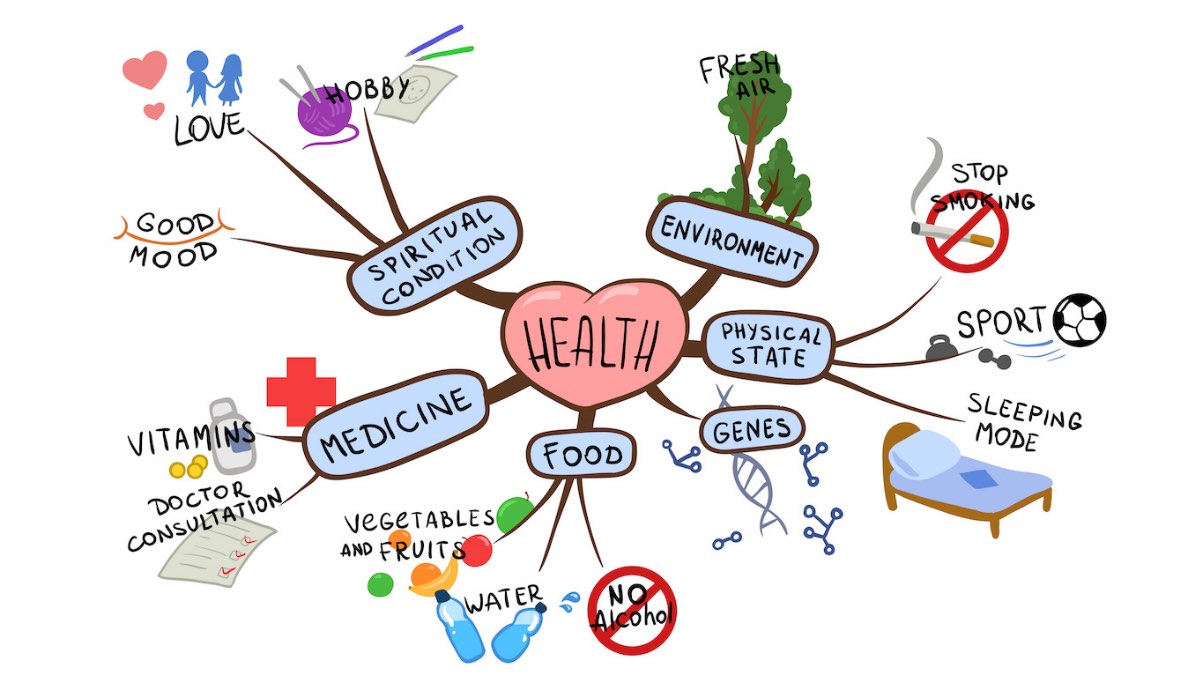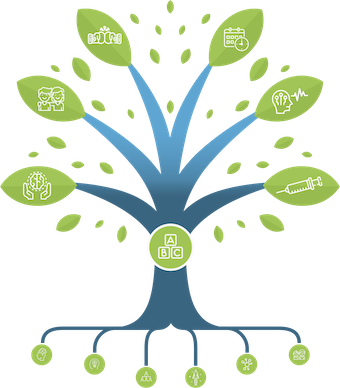Relaxation, exercise, biofeedback for migraine… it’s all great but why is it so difficult to stick to it?
More skills, less pills. For many people with migraine, avoiding medications is a priority.
Good news! There are many behavioral options available to control migraines – either on their own or in addition to medications.
Let’s Explore the Options:
Diet: Diets attract many people, but they are often fads, and the evidence for a food solution to migraine is still limited. The best advice is to eat regularly and sensibly and don’t drive yourself crazy with the next “miracle” diet.
Relaxation, Cognitive Behavioral Therapy, Biofeedback, and Trigger Management: All of these behavioral approaches are supported by a strong scientific background. Please see our posts on these topics.
- Relaxation: Why should people with migraine use it?
- Relaxation: How to setup a regular relaxation practice for migraine management
- Cognitive-Behavioural Therapy: is it a good option to improve migraine?
- Cognitive-Behavioural Therapy (CBT): I want to try it, how can I proceed?
- What is biofeedback and should I try it?
- Triggers: avoid them or cope with them?
Mindfulness Based Stress Reduction: Mindfulness is also under study for migraine. It has been shown to work well for anxiety and chronic pain.
With All This Great Evidence, Why Are Lifestyle Options Not Used More Often?
Using these healthy practices could really help. But here’s the issue: IT’S EASY TO START, BUT DIFFICULT TO STICK WITH THEM! Time is short, motivation varies, and then boom, a migraine hits, destroying your focus for two or three days. Then you have to catch up, so there is no time for your self-care. Next the discouragement and negative self-talk set in, which decreases your motivation further…Sound familiar?
Is There Anything That Can Help Me Understand Why It Is So Hard to Stick to It?
YES! Researchers Matsuzawa and colleagues published an article in the journal Headache looking at adherence and the reasons why it is so difficult to keep regular practices for behavioral habits. Here is what they found:
| Barriers to adherence to behavioral approaches «Why can’t I just stick to it?» | |
| Attitude and beliefs | I can’t do it Everybody says it would be good to do this, but it will not work I just can’t stop thinking, this is the way I am I have no time to do this I am not anxious, why should I do this My anxiety is not the cause of my migraine Meditation is esoteric and weird |
| Stage of change and motivation | I am not ready to do this Now is not the right time for me to make this change I know I should do it but I just don’t feel like doing itI feel forced to do it |
| Lack of knowledge | I don’t know how to do this I don’t believe that this approach could help migraine Who will show me how to meditate? This looks very complex…maybe not worth my time |
| Locus of control Internal versus External | I cannot do this myself The doctor has to fix my problem |
| Coping styles | Avoidance: I can’t do A-B-C because it triggers migraine Self-criticism: it’s my fault, I should be able to do this Wishful thinking: eventually the pain will disappear Social withdrawal: I’m worthless, my friends must be bored with me |
| Expectations and acceptance | I just want this pain to be gone If it can’t be perfect, it’s not worth it I just cannot live with this pain, my life is a mess I want to be like I was before, nothing less |
**Adapted freely from Matsuzawa’s article combined with some patient quotes from my office.
Good News: There Are Solutions!
The key to success is to improve your self-efficacy. What is that? Self-efficacy is the belief that you can and will reach your goals. This confidence turns thoughts into actions and is highly motivating. Small successes build momentum, and soon you find yourself making progress and feeling better.
How Can I Overcome All of Those Barriers? It’s As Easy As 1, 2, 3!
- Recognize that negative thoughts and reactions are all very normal for anyone confronted with a problem (pain or something else).
- Gently challenge thoughts and beliefs that you recognize as not supporting your goals, and feel free to replace them with helpful ones.
- Be realistic and choose a strategy or strategies that you think you will enjoy. Start with something easy to build your self-efficacy and tackle harder ones once you have increased your confidence.
Here Are Some Strategies to Improve Your Self-Efficacy:
| Helpful Strategies | |
| Learn more and be convinced | Get more information and learn about the technique you’re interested in. This will fuel your motivation. |
| Work on acceptance and adapt expectations | Realize that even if this situation is unfair, you still have to deal with it. Appreciate small successes and build your confidence. |
| Use a SMART approach (google it for more details) | Your goal should be Specific, Measurable, Achievable, Relevant, Time-bound. |
| Consider Acceptance Commitment Therapy | This type of Cognitive Behavioral Therapy is designed to help you reset expectations….and feel better. It can be done with a counsellor or as a group workshop. |
SUMMARY
- Behavioral approaches can work to improve migraines and are worthwhile as part of your toolkit to improve your migraines and quality of life.
- Adherence (sticking to it) gets easier when you build skills and improve self-efficacy.
OTHER RESOURCES:
Sometimes people need help from health care providers to work through their barriers to creating new healthy habits for migraine. If you are not successful on your own, please talk to your health care provider and look for resources in your area.
Did you find this article useful? Share and comment!
REFERENCES
Matsuzawa, Barriers to Behavioral Treatment Adherence for Headache: An Examination of Attitudes, Beliefs, and Psychiatric Factors, Headache, Jan 2019, 59 (1), 19-31
Post#726
Categories
THE MIGRAINE TREE
- BRANCHES
- ACUTE TREATMENTS
- DEVICES AND NEUROMULATIOIN
- PREVENTIVE TREATMENTS
- PROCEDURES AND INJECTIONS
- SELF-CARE AND LIFESTYLE
- SOCIAL LIFE
- TRUNK
- ROOTS
OTHER CATEGORIES




